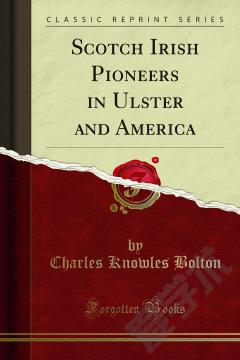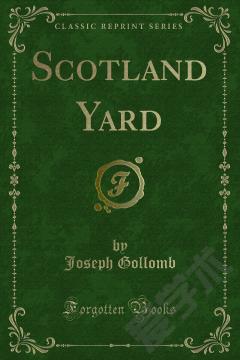Scotland's Mark on America
It has been said that the Scot is never so much at home as when he is abroad. Under this half-jesting reference to one of the character istics of our race, there abides a sober truth, namely, that the Scots man carries with him from his parent home into the world without no half-hearted acceptance of the duties required of him in the land of his adoption. He is usually a public — spirited citizen, a useful member of society, wherever you find him. But that does not lessen the warmth of his attachment to the place of his birth, or the land of his forbears. Be his connection with Scotland near or remote, there is enshrined in the inner sanctuary of his heart, memories, sentiments, yearnings, that are the heritage of generations with whom love of their country was a dominant passion, and pride in the deeds that her children have done an incentive to effort and an antidote against all that was base or ignoble. It is a fact that goes to the core of the secular struggle for human freedom that whole-hearted Americanism finds no jarring note in the sentiment of the Scot, be that sentiment ever so intense. In the sedulous cultivation of the Scottish spirit there is nothing alien, and, still more emphatically, nothing harmful, to the institutions under which we live. The things that nourish the one, engender attachment and loyalty to the other. So, as we cherish the memories of the Moth erland, keep in touch with the simple annals of our Childhood's home, or the home of our kin, bask in the fireside glow of its homely humor, or dwell in imagination amid the haunts of old romance, we are the better Americans for the Scottish heritage from which heart and mind alike derive inspiration and delight.
{{comment.content}}








 京公网安备 11010802027623号
京公网安备 11010802027623号